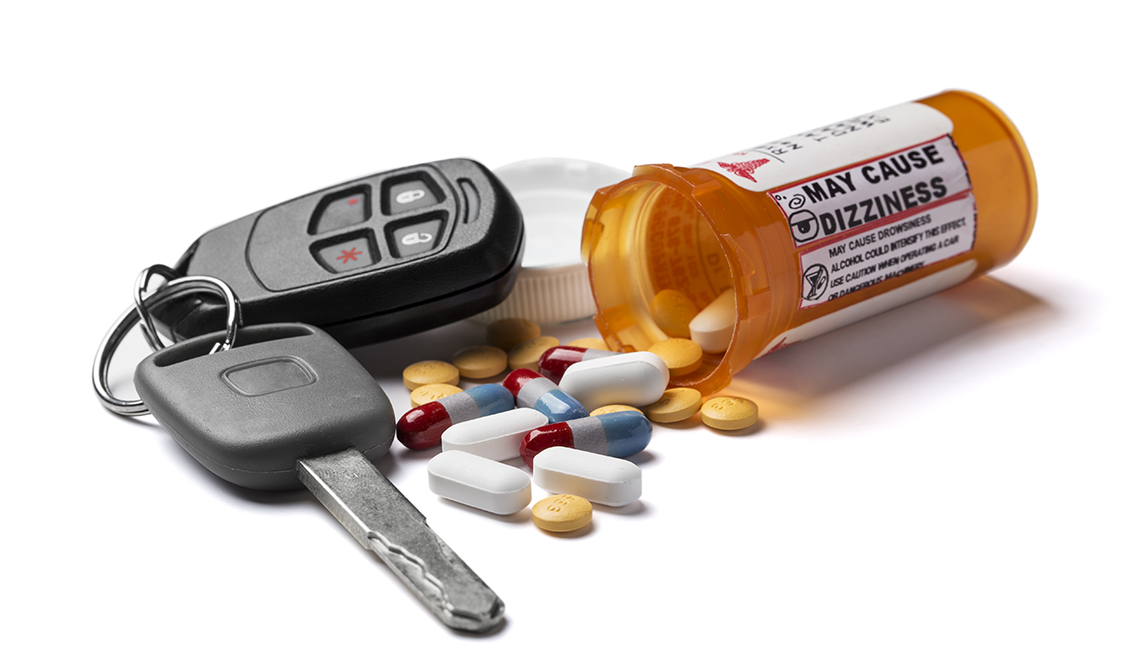Atlanta DUI While on Prescription Medication – Legal Gray Areas and Defense Strategies

Atlanta DUI While on Prescription Medication – Legal Gray Areas and Defense Strategies
Many individuals take medications that may interfere with their ability to drive safely. Indeed, certain over-the-counter drugs like sleep aids, pain relievers or cold/allergy remedies could lead an officer of the law to assume you are less safe behind the wheel and arrest you for drugged driving.
Legal Gray Areas
Most people understand the serious legal consequences associated with driving under the influence of alcohol are well known, yet many fail to recognize that DUI laws also apply when drivers take legally prescribed medication.
Under Georgia law, someone may be charged with DUI when their ability to drive is significantly compromised due to being under the influence of drugs. Contrary to alcohol-induced DUI charges, “drugs” refers to any substance which hinders driving ability – this includes prescription medications with side-effects which impair driving ability such as painkillers, anti-anxiety medicines and sleep aids as well as muscle relaxants like carisoprodol and cyclobenzaprine.
An experienced attorney can argue that an officer did not have reasonable suspicion to stop you and request field sobriety tests, while another can defend you from being required to submit to blood testing that may violate your constitutional right against self-incrimination. Furthermore, drug crime defense attorneys can advise their clients about programs designed to help avoid jail time and other severe punishment following conviction.
Defense Strategies
Many are unaware of Georgia DUI laws which apply to drivers under the influence of drugs, including legally prescribed medications. A person could even be charged with DUI based on prescription medication use even without having consumed any alcohol!
As a general rule, any substance which impairs a driver’s ability to operate their vehicle can lead to a DUI charge. This includes illegal drugs as well as over-the-counter and prescription medicines; whether these substances impair or not depends on their effects, dosage and the length of time since taking their medications.
Law enforcement officers use various tests and evaluation techniques to ascertain whether someone is driving under the influence of drugs, such as field sobriety tests, breathalyzer tests, blood tests and evaluation by drug recognition experts. If you have been arrested for DUI while taking prescription medication in Georgia it is critical that you contact an experienced Atlanta DUI attorney right away.
Blood Tests
Georgia DUI laws encompass more than just alcohol; they encompass any substance which impairs an individual’s ability to operate a vehicle safely, including many prescription medicines and over-the-counter remedies for colds or allergies.
Georgia’s Implied Consent Law stipulates that any driver stopped by law enforcement may be subject to a blood test to determine their level of impairment due to drugs or alcohol consumption. Blood tests tend to be more reliable than breathalyzers as medical personnel take samples directly from your body.
Gas chromatography is often used by crime labs to verify blood test results, however there can be many potential issues with either the sample, testing equipment or lab procedures that lead to inaccuracy or false positive results. A knowledgeable Atlanta DUI attorney knows how to investigate such concerns and can bring in experts to challenge any unreliable blood tests.
Defending a DUI Charge
Not many are aware that taking prescription medication, particularly muscle relaxants such as carisoprodol and cyclobenzaprine, may result in DUI charges. This is especially the case when driving under the influence.
Georgia law states that anyone operating a vehicle while under the influence of any drug that impairs their driving is subject to DUI charges, including illegal drugs as well as over-the-counter and prescription medication.
An Atlanta DUI attorney can provide invaluable defense strategy assistance in such a case. They can challenge the results of any drug test and point out that urine tests can often be inaccurate due to each person metabolizing drugs and alcohol differently.
Lawyers can provide valuable assistance by showing how the individual was taking their prescribed medication according to instructions from their physician. Furthermore, they can question any arresting officers’ qualifications as well as quality of chemical evidence such as blood or urine samples taken for analysis.







